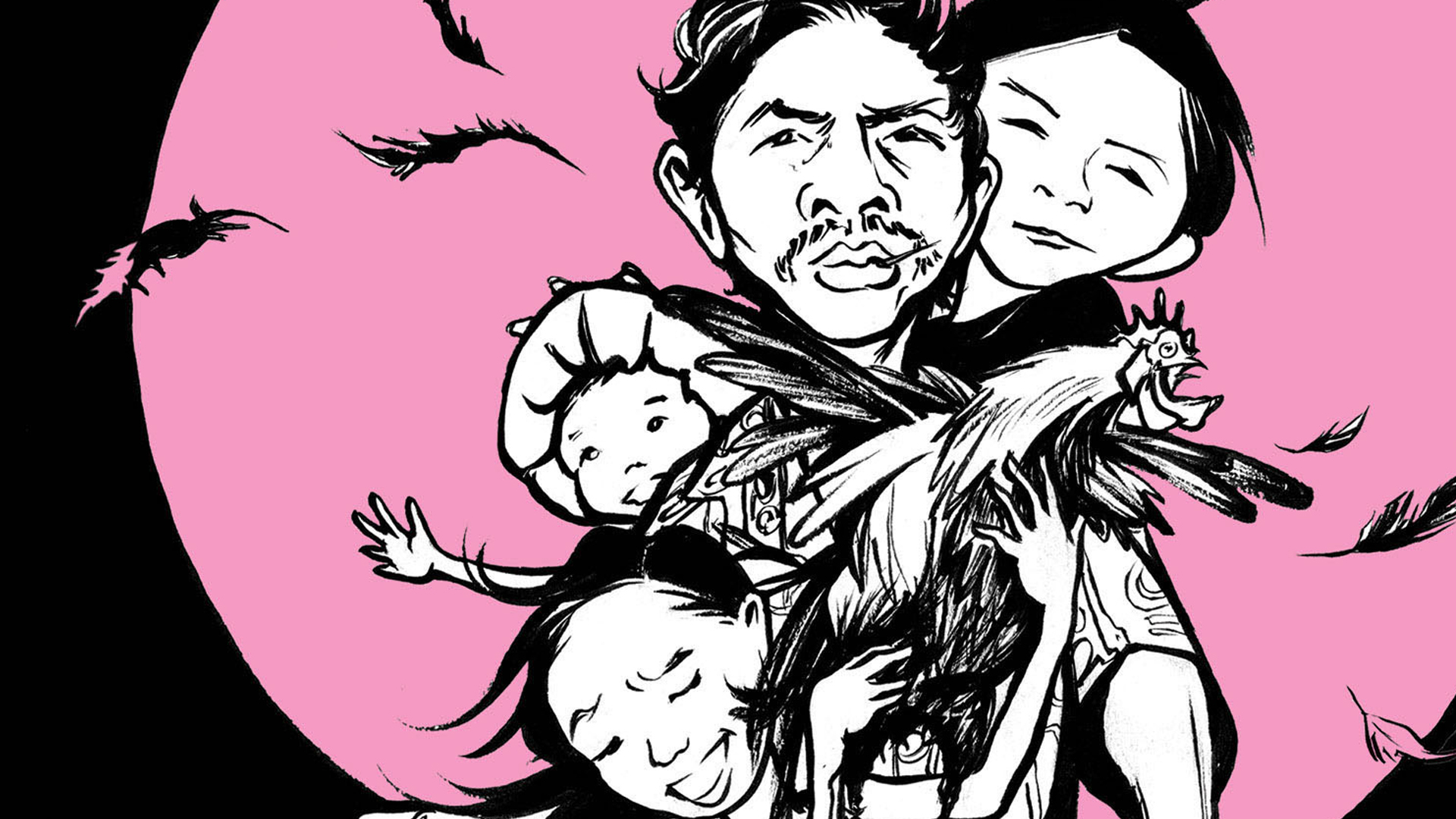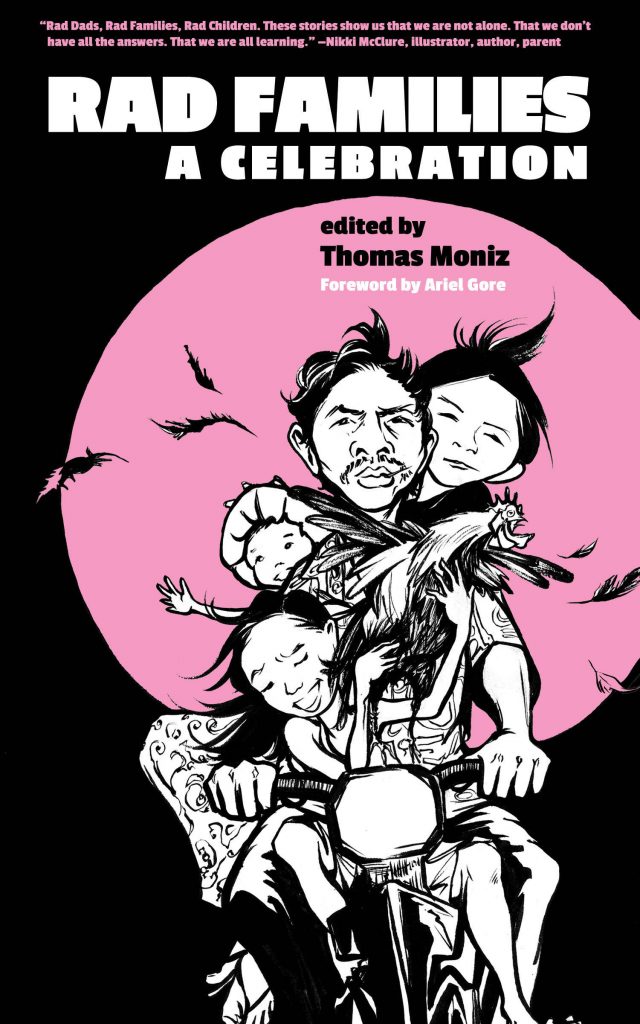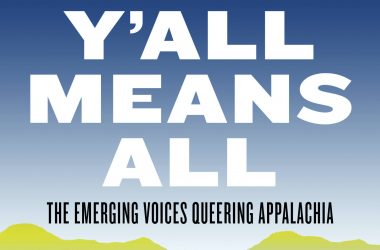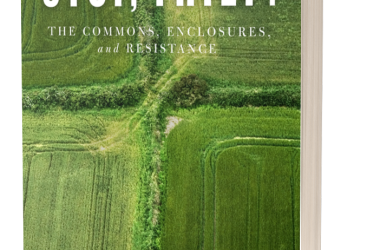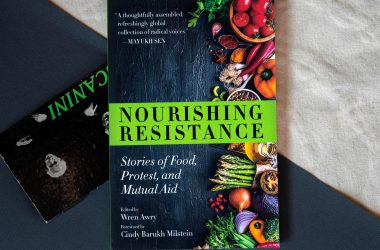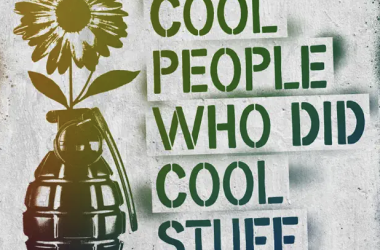by Amy Abugo Ongiri
MUTHA Magazine
December 7th, 2016

Not THE Real Dad, Not A Real Dad: Amy Abugo Ongiri’s RAD FAMILY

I unexpectedly became a parent at forty-seven. I say unexpectedly, but we had actually been preparing for weeks and trying for years. After years of failed attempts at fertility treatment, our financial resources were exhausted, so conventional adoption was out of the question. We made the decision to look into foster care as a possible means toward parenting. We must have looked like strong candidates or the county was really desperate, because they rushed our application and after a month and a half of intensive training we found ourselves with two little boys in our care. They were just two and seven years old. We had wanted girls, but the need was greatest for African American boys. Being African American myself, I knew that we wanted black kids, but since we were queer women we assumed that they would be girls. In the rural Midwestern county where we lived, there weren’t that many black kids in the system, so we didn’t want to miss our chance. Also, when the social worker described their struggles with racism in school and how they had been in multiple placements in a very short period of time, we knew they needed us as much as we needed them.

I was ready for a lot of the challenges of foster care but like all parenting I wasn’t ready for everything. I wasn’t ready for the shift in perspective that having a two-year-old boy in your life would bring. He literally saw things from a different angle than I did. Once when I was putting him in the car, he pulled away from and wiggled past me and began for a second to run at full speed. In my panic as I snatched him back I screamed emphatically at him at him, “What are you doing?” even though I know full well that this is a question that no two-year-old is prepared to ever answer. He responded equally emphatically, “Birdie!” We both stood there in a parking lot for a full five minutes to watch a bird that I’m sure that I wouldn’t have otherwise even known was there. Whether it was a leaf stuck to your shoe with a particularly interesting pattern or a nearby squirrel, he was so good at drawing your appreciative attention to little bits of nature that you wouldn’t have noticed. The older boy and I had interests that were so similar that spending time together was just fun. We’d shoot hoops together, listen to music, go for a walk in the woods, hang out in what my partner called “big-boy time.”

The only problem with big-boy time and all the other time that I shared with the boys was that I was not a boy, big or otherwise. The hardest part of the experience of foster care was experiencing my gender difference through the lives of these two little boys, who hadn’t necessarily even asked make family with us. As a masculine-of-center butch dyke, I had long ago learned to not only to accept but to love my gender difference. I loved the look of myself in men’s clothes. I loved embracing the masculine as well as feminine parts of personality. I loved the dynamic between butches and femmes. I loved being a gender outlaw. I had also long ago learned to accept the discomfort that my gender could invoke in others. What I was not used to was having that discomfort visited on two little kids in my care.

The kids, like most kids, pretty much accepted me without question. They seemed to really appreciate any attention and care that I gave them from working on phonics to teaching them to skateboard. We rarely have conflict. The truth is that I took to parenting like a duck to water. I even gladly traded in my prized customized low-rider for a minivan. My instinct to protect and care for these two little guys who had already been through so much was so great that it surprised me. When I picked up the toddler at daycare and he ran excitedly to me and screamed “Daddy” I inwardly cringed out of the fear that daycare workers would report me to social workers as an inappropriate role model. When other parents at school gave us the cold shoulder, I feared the negative effect it might have on the kid’s ability to make friends.

Foster parents are literally co-parenting with the state and are justifiably under more scrutiny than other kinds of parents. Many people involved in foster care in my county were conservative Christians, and I worried all the time that my gender and our queerness as a couple would impact our ability to protect and nurture these two little guys whom we had grown to love so much.
Foster care is meant to be a temporary arrangement. We know it is our job to love, nurture and protect these kids just as long as we have them. I worried that our time with these little boys would be cut short because of my status as a gender outlaw.
As a foster parent, I am not the real dad. As a woman, I am not a real dad. Nevertheless, fatherhood means everything to me and I know by these kids’ love for me that I am good at it. I’ve waited a long time for this and I have chosen it. I know by my success at it that that it has also chosen me. When these kids leave my care they will know how to ride a bike and skateboard, how to read and set a table, how to dress themselves and meditate. Most importantly, they will know that I love them. I can only hope that one day they will come to think of my gender difference as much of gift as I do.
“Not the Real Dad, Not a Real Dad” is reprinted, with permission, from Rad Families: A Celebration, edited by Tomas Moniz.
“Rad Dads, Rad Families, Rad Children. These stories show us that we are not alone. That we don’t have all the answers. That we are all learning. I’ve never been a parent before. Here are stories to learn from. Here are the stories that I need.” – Nikki McClure, illustrator, author, parent
“I love this book! Wonderfully written, tenderly honest, unabashedly hilarious, deeply important stories from the messy beautiful world of real-life parenting. Thank goodness it exists.” – Michelle Tea, author of Black Wave (and founder of MUTHA!)
It’s RAD FAMILIES WEEK at MUTHA! We’ll be running other excerpts from the collection this week—so stay tuned and you can check out our interview with Tomas Moniz.
Read on, then head to your local indie store or ask your local library to order it….. OR you could also win a copy! How? It’s our first ever MUTHA giveaway contest (woo)!
Get on it: 1) follow MUTHA on twitter/Facebook, and then 2) tell us quick why your family is one of the #radfamilies, too, or why you’re starting parenting with that goal in mind, and be sure to 3) use that hashtag (#radfamilies) to (help promote indie publishing!), and to tag MUTHA. I WILL FIND YOU, then I’ll put you on the list from which a random selection will be be sent a gratis copy. Bonus points if you’re a new follower. Love and STAY RAD – Meg Lemke
Back to Tomas Moniz’s Author Page

